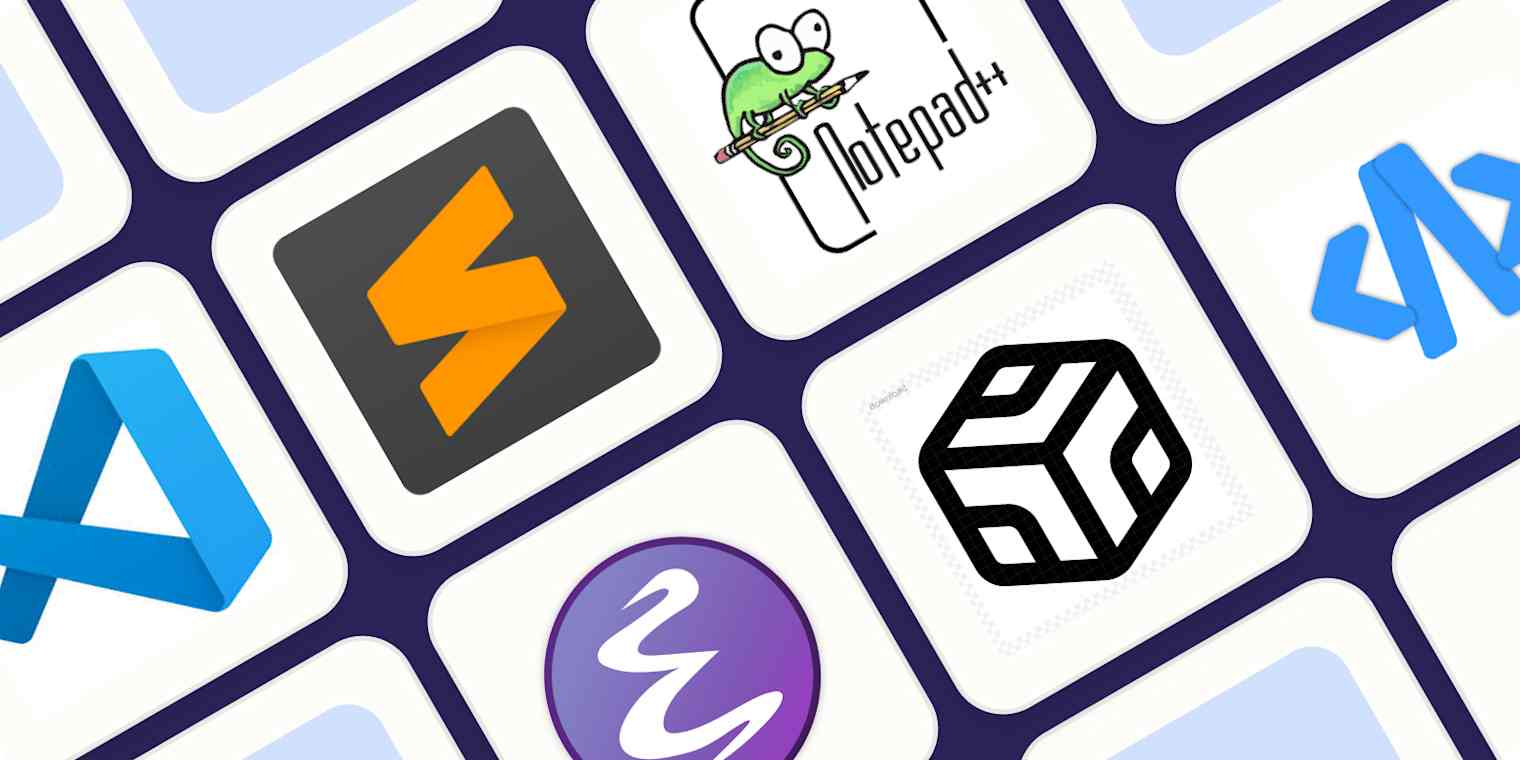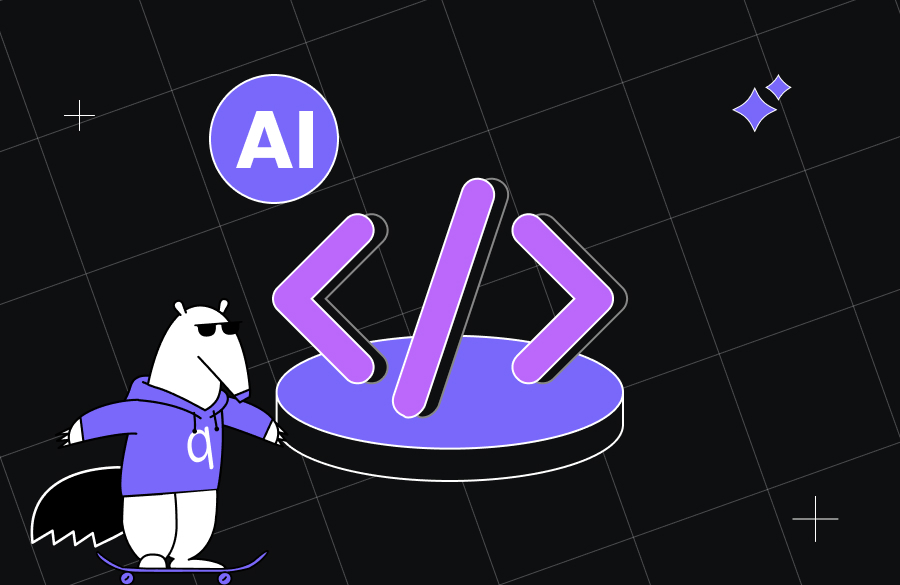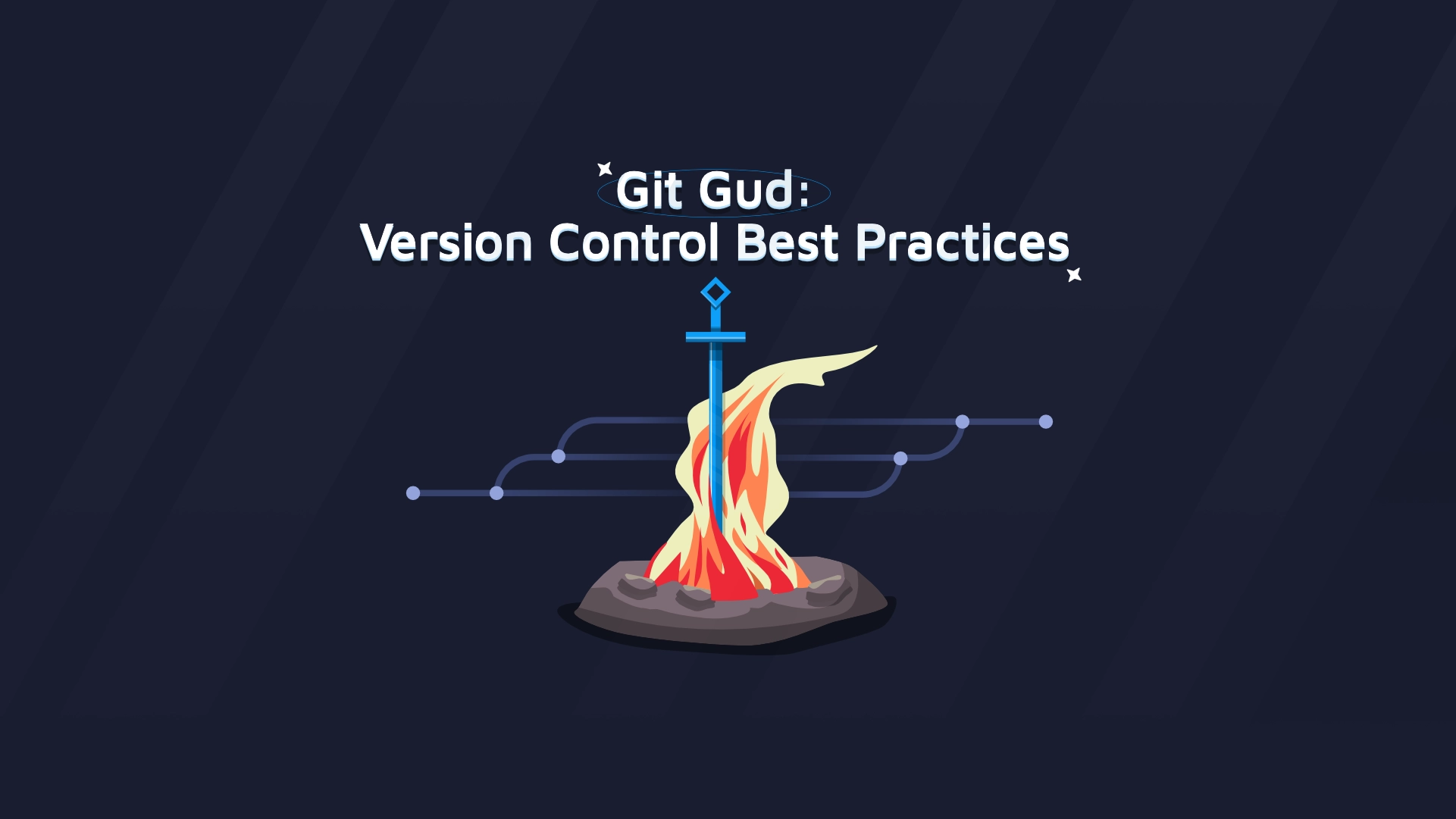
Best Code Editors for 2025: Top Picks for Developers
Choosing the right code editor can dramatically influence your efficiency and satisfaction as a programmer. You’re not just selecting a tool; you’re setting the stage for your creativity and productivity.
The right code editor can simplify your tasks, inspire innovation, and even reduce the usual coding headaches. Do you ever wonder if there’s a better tool out there that could make your coding life easier and more enjoyable? You’ll uncover the best code editors for 2025, tailored to meet your unique needs.
Keep reading to discover which features and advancements will transform your coding experience, making it smoother and more intuitive than ever before. Let’s dive into the future of coding and find the perfect match for your projects.

Visual Studio Code
Visual Studio Codehas many features. It supports many programming languages. You can add extensions. Extensions help you code better. They add features you need. Some extensions check your code. Others help you find errors. You can even customize your editor. Choose what you like best.
The interface is simple. Easy to use. The colors are clear. You can change the look. Make it dark or light. The icons help you find tools. They are big and easy to see.
Many people use Visual Studio Code. The community is big. They share tips and tricks. You can ask questions. Get answers fast. Help is always there.
Sublime Text
Sublime Text is known for its fast performance. It opens large files easily. Many editors slow down with big files. Sublime Text stays quick. This makes it a favorite for many developers. They value speed in their work. Sublime Text delivers that speed.
Sublime Text offers many customization options. Users can change themes. They can adjust the layout too. This makes the editor feel personal. Developers like to set their own style. Sublime Text allows this with ease.
The plugin ecosystem in Sublime Text is strong. Many plugins are available. They add features to the editor. Users can find plugins for different tasks. Installing plugins is simple. It enhances the editor’s capabilities greatly.
Atom
Atom is an open source editor. This means anyone can use it for free. Programmers from all over the world can help improve Atom. They can find bugs and add new features. This makes Atom grow fast and stay updated. Users can change Atom to fit their needs. This gives them great flexibility.
Atom works with many other tools. It can connect with Git for version control. This helps keep track of code changes. Users can also add packages. These packages give Atom more features. There are thousands of packages to choose from. This makes Atom very versatile.
Atom is easy to use. The interface is clean and simple. Even new users find it friendly. There are many themes to choose from. Users can make Atom look the way they want. This makes coding more fun. Atom also supports many languages. This helps users work on different projects.
Jetbrains Intellij Idea
IntelliJ IDEA offers many advanced features for coding. Its smart code completion helps find errors easily. Refactoring tools make code clean and neat. The editor suggests quick fixes for common problems. Version control is also built-in, keeping code safe.
IntelliJ IDEA supports many programming languages. It works well with Java, Kotlin, and Scala. Python and JavaScript are supported too. This helps developers work in one place. No need to switch editors.
The editor includes several integrated tools. There’s a built-in terminal for quick commands. Debugging tools help find errors fast. Database tools make it easy to manage data. IntelliJ IDEA offers everything in one package.
Vim
Vim is known for its efficiency and speed. It can make coding faster. Many developers like using Vim for this reason. Keys are used instead of a mouse. This saves time. You can jump between lines quickly. This helps in making fewer mistakes. It works well on slow computers too. Vim is light and fast.
Vim has great customization potential. You can change it to fit your needs. Many plugins are available. These plugins can add new features. You can change color themes too. This makes it look nice. Each developer can make Vim their own. It feels special.
Learning Vim can be challenging. It has a steep learning curve. Some find it hard at first. But practice makes it easier. Once learned, it becomes a powerful tool. Many say it’s worth the effort. Remember to be patient.

Emacs
Emacsis known for its incredible flexibility. Programmers can customizealmost anything. Create commands using the Lisplanguage. Add new features easily. Change how it looks and feels. Emacs lets users adjustthe editor to suit their needs. This makes coding more efficientand fun.
Emacs has a strong communityof users. They share helpful pluginsand tools. These contributions make Emacs better for everyone. Users can find new ideas and solutions. The community is friendly and helpful. They often share tutorials and tips. This makes it easy to learn Emacs.
Emacs offers many unique features. It can edit textand manage files. Users can check emailsand browse the web. Emacs supports many languages. It is more than just a code editor. These features make it popular among developers. Emacs is a powerful tool for all tasks.
Github Codespaces
Cloud-Based Developmentis now easy with GitHub Codespaces. You don’t need a strong computer. Everything runs in the cloud. This means you can code from anywhere. Just connect to the internet. Your work is always safe and backed up.
Working with others is simple using Collaboration Features. Team members can code together. You can see changes live. Mistakes are easy to fix. Everyone can work together without hassle.
GitHub Codespaces has Integration with GitHub. Your projects are connected to GitHub. This makes sharing code easy. You can track changes quickly. Teams can manage projects better. Everything syncs smoothly.
Brackets
Brackets is loved by designers. It has a clean interface. Designers can see changes live. Styles are easy to adjust. It supports color picking. It helps with font adjustments. The layout is clear and simple.
Changes appear instantly. No need to refresh. Live preview is handy. Makes testing easy. Helps spot errors fast. Keeps workflow smooth. Designers enjoy instant feedback.
Brackets supports HTML, CSS, and JavaScript. It is perfect for web projects. Plugins add more features. Extensions are easy to install. Web developers find it useful. Coding becomes simple with Brackets. It’s built for the modern web.
Notepad++
Notepad++ is a simpleand quickcode editor. It starts fast and doesn’t use much computer power. This makes it perfect for simple tasks. You can open and edit files without waiting long. This is great when you want to see changes fast.
There are many pluginsfor Notepad++. These plugins add new features. They help with tasks like checking spelling or counting words. Plugins can be added or removed easily. This makes Notepad++ flexible for different jobs.
New programmers find Notepad++ easy to use. The interfaceis simple. It does not confuse with too many buttons. There are no extra things you don’t need. This helps beginners focus on learning to code.

Frequently Asked Questions
What Are The Top Code Editors For 2025?
In 2025, top code editors include Visual Studio Code, Sublime Text, and Atom. These editors offer advanced features, customizability, and strong community support. They cater to developers’ needs across various programming languages and platforms. Their frequent updates ensure they remain competitive and efficient for modern coding requirements.
Which Code Editor Is Best For Beginners?
Visual Studio Code is ideal for beginners due to its user-friendly interface and extensive tutorials. It offers numerous plugins and integrations that simplify learning. Additionally, its active community provides ample resources and support for novice developers. Beginners find it easy to navigate and customize as they advance in coding.
Are Free Code Editors Reliable For 2025?
Yes, free code editors like Visual Studio Code and Atom are reliable. They offer robust features comparable to paid counterparts. Frequent updates ensure security and efficiency. Their large user communities contribute to ongoing improvements and support. Developers can confidently use these editors without compromising on quality.
What Features Should A Code Editor Have?
A code editor should offer syntax highlighting, code completion, and debugging tools. Customizability and integration with version control systems are crucial. Efficient search and navigation features enhance productivity. Support for multiple languages and platforms is essential for versatility. Regular updates ensure the editor remains relevant and secure.
Conclusion
Choosing the right code editor boosts productivity. Each tool offers unique features. Consider ease of use and compatibility when selecting. Some editors excel in speed, others in customization. Keep your skills and project needs in mind. Try different options to find the best fit.
Remember, the perfect code editor enhances your workflow. Stay updated with new releases and improvements. Explore, experiment, and enjoy coding in 2025. Happy coding!
Read More:
- Noise‑Cancelling Headphones Comparison: Ultimate Guide
- Time Management Apps Compared: Boost Your Productivity
- Ai Chip Market Growth 2025: Unveiling Future Trends
- Best Cloud Storage Services 2025: Top Picks Revealed
- Essential Tech Gadgets for Digital Nomads: Must-Have Tools
- Vr Hardware Cost Analysis: Unlocking Budget Insights
- Top Productivity Tools for Remote Teams: Boost Efficiency
- Ergonomic Home Office Setup Tips: Boost Comfort & Productivity

